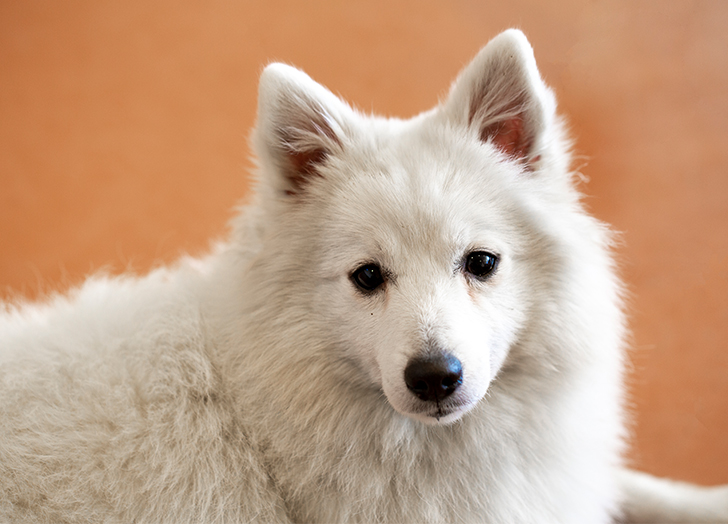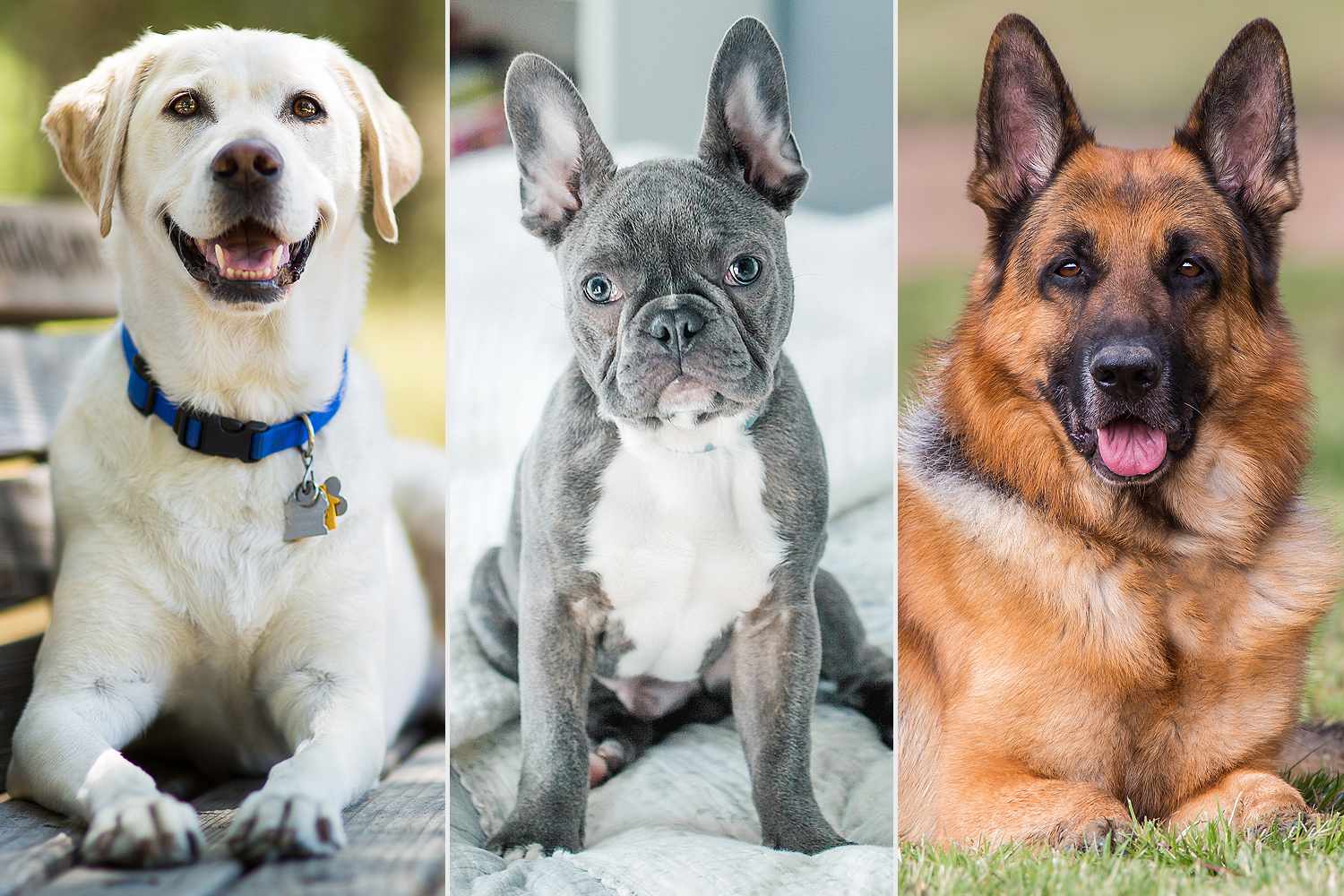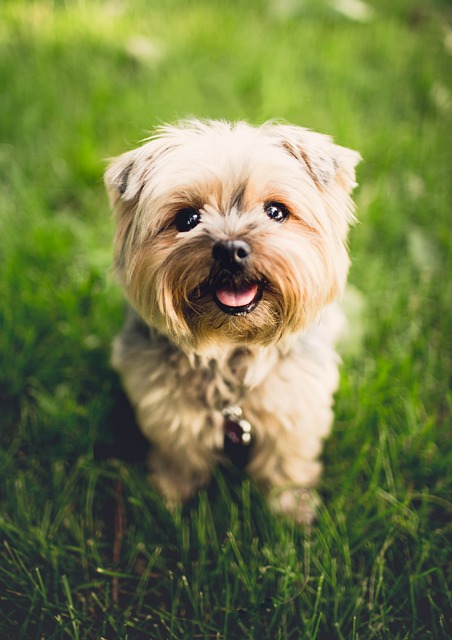
The English Mastiff can be described as a large, English-bred dog breed. It likely originated from an ancient dog breed known as the Alaunt or Pugnaces Britanniae, and was influenced by the Alpine Mastiff in the nineteenth century. The breed has a tendency to drool and dig, and is also very protective and stubborn.
Drool has a tendency to prevail
The tendency of mastiffs to drool can vary from one breed to the next. Some breeds are notoriously dry-mouthed while others are droolers, and that makes choosing the right breed important. Below is a comparison of the different types mastiffs and their likelihood of drooling. The American Kennel Club has provided information that enables the chart to be created.
Larger dogs with flat faces and lips are more likely to drool than other breeds. This happens because of an excess amount saliva in the cheeks pouches. It is released when the dog shakes its head. A dog that drools excessively may have dental problems.
Sometimes, drooling is a sign that you are experiencing anxiety or pain. Dogs often drool when they feel anxious or stressed. This is a subtle but telling sign that the dog is in pain and needs to seek medical treatment. Dogs that drool are known as hypersalivation, or ptyalism. While this behavior is caused by a variety of conditions, dental disease is the most common cause.
Tendency for Digging

Mastiffs naturally dig when they are out in the yard. This instinct helps them mark their territory. They can weigh upto 230 pounds. This means they require large yards. If you don’t own a large yard, your Mastiff may have to be accommodated in your lawn.
Digging is one of the most basic instincts of many dogs, and some breeds have been bred for this behavior. Northern breeds for example dig in cold weather to keep them warm. Other breeds, however, use digging as a way to have fun when bored.
It is important to watch your Mastiff's digging habits. It is important that your Mastiff digs only in the area designated. You can punish him harshly if he digs elsewhere. While you may reprimand your Mastiff when it digs, praise him when it digs in the right area.
Tendency To Be Protective
Mastiffs, while loyal and loving, can sometimes be stubborn with people. Mastiffs may be friendly, but they can also be stubborn. This is why consistent positive training is necessary to stop them from becoming destructive. It is vital to socialize your Mastiff at a young age, and encourage positive interactions among dogs and humans. This will keep your Mastiff from becoming aggressive later in life.
Mastiffs can be friendly and will often play well with children. Their large stature can make it difficult for children to keep up with them. It's vital to socialize your dog early because they are large and strong. While they're gentle around children, don't try to let them climb on your dog. When Mastiffs are present, children should be carefully supervised.

Mastiffs, although large and strong dogs are very loving and tolerant. Mastiffs can be stubborn or slobbery, but they don't become aggressive and are protective. They are good companions for families due to their physical structure and temperament.
Tendency to be stubborn
Mastiffs are a powerful breed, but they can be stubborn and difficult pets. This breed is gentle and loving but can be stubborn. Mastiffs can be stubborn, but they are not destructive dogs. Mastiff is a dog that will do whatever it feels is right. Mastiff's stubborn nature makes it a good dog for protecting the family. If the family is in danger, the dog will step in and protect them.
To develop a positive temperament, Mastiffs must be socialized from a young age. This will enable them to be more effective protectors. They will learn how to distinguish between friend and foe by using the right body language. They will also be able recognize the signs and movements of children, and how to tell if someone is being disrespectful.
A Mastiff should be part of a family. You should never leave them outside without checking in. They may get bored or feel sad if they are left alone in the yard, so it is important to make sure they spend enough time with you.
FAQ
What's your favourite pet?
The best pet you can have is the one you love. There is no right answer here. Everyone has their own opinion as to which pet is the best.
Some believe cats are more intelligent than dogs. Others say that dogs are more loyal and loving. Some argue that birds are the best pet.
No matter which type of pet you decide on, you have to choose what type of personality you want.
If you are friendly and outgoing, a dog might be the right choice. If you're shy and reserved, a cat would suit your needs best.
Also, take into account the size your house or apartment. A smaller apartment means you'll need a less large pet. A large house will require more space.
Don't forget to give your pet lots of love and attention. They need to be fed regularly. You should take them for walks. They must be brushed regularly.
If you know all these things, you'll be able to pick the best pet for yourself.
Three things you should think about before getting a cat.
Before you decide to buy a cat, be sure to answer these questions.
-
Does the cat have any health issues?
-
Is it possible for the cat to eat all my food.
-
Is it because I am a lover of cats or do you just want a pet to play with?
What should I consider before getting an exotic pet?
You should consider several factors before buying an exotic pet. First, you must decide if you will keep the animal as an exotic pet or if your intention to sell it. If you are keeping the animal as your pet, ensure that you have enough space. You should also know how much you plan to spend on the animal's care. It takes time to care for an animal, but it's worth it because they give great companionship.
You must find someone to purchase your animal if you intend to sell it. Make sure that whoever buys your animal knows what they're doing regarding taking care of animals. You should not feed the animal too often. This could lead to health problems down the line.
If you are considering exotic pets, you should ensure that you thoroughly research them. Many websites can provide information on various species of pets. Be careful not to fall into any scams.
How can you tell if your dog has fleas
There are fleas that can cause your pet to scratch at its hair, lick itself too often, or look dull and untidy.
Flea infestations can also be detected if your pet shows any redness.
Your pet should be seen by a vet immediately for treatment.
How much money should I spend on a pet?
A good rule of thumb is to budget around $200-$300 per month.
This can vary depending on where one lives. For example, in New York City, you'd probably spend about $350 per month.
In rural areas, however you may only need $100 per calendar month.
It is important to remember to purchase quality items, such as collars, leashes, toys, etc.
You should also think about investing in a crate for your pet. This will keep your pet secure during transport.
Statistics
- Monthly costs are for a one-year-old female mixed-breed dog and an under one-year-old male domestic shorthair cat, respectively, in excellent health residing in Texas, with a $500 annual deductible, $5,000 annual benefit limit, and 90% reimbursement rate. (usnews.com)
- Here's a sobering reality: when you add up vaccinations, health exams, heartworm medications, litter, collars and leashes, food, and grooming, you can expect a bill of at least $1,000 a year, according to SSPCA. (bustle.com)
- A 5% affiliation discount may apply to individuals who belong to select military, law enforcement, and service animal training organizations that have a relationship with Nationwide. (usnews.com)
- * Monthly costs are for a 1-year-old female mixed-breed dog and a male domestic shorthair cat less than a year old, respectively, in excellent health residing in Texas, with a $500 annual deductible, $5,000 annual benefit limit, and 90% reimbursement rate. (usnews.com)
- In fact, according to ASPCA, first-year expenses can sum up to nearly $2,000. (petplay.com)
External Links
How To
How to choose a name for your pet.
Choosing a name for your pet is one of the most important decisions you'll make when adopting a new animal into your home. Names should reflect the personality and character of your pet.
Consider how other people may refer to them. If you are going to use their name during conversation, for instance. And finally, you should think about how you yourself would like to be referred to. You might be more inclined to call yourself "dog", or "pet".
These are some tips to get you started.
-
Choose a name that is appropriate for your dog's breed. Look up the names of the breeds if you know the breed (e.g. Labradoodle). Ask someone who is knowledgeable about dogs to suggest names based on that breed.
-
Consider the meaning behind the name. Some breeds are named after people or places, while others are just nicknames. For example, the Labrador Retriever named "Rover" because he was always running!
-
How would you like to be called? Are you more comfortable calling your dog "dog" or "pet?" Do you prefer to call your dog "Puppy", or "Buddy?"
-
Don't forget to include the owner's first name. It's sensible to give your dog an owner's name. But, don't limit yourself by limiting your family's names. Your dog might grow up to be a member your family.
-
Keep in mind, many pets have multiple nicknames. A cat may have many names, depending on where she is located. You might call her "Kitty Cat" home, but she might be "Molly" on the road with her friends. This is especially true when cats live outdoors. They often adopt their names to fit their environment.
-
Be creative There are no rules that say you have to follow a certain naming convention. It is important to pick something distinctive and memorable.
-
Check to make sure your chosen name hasn't been used by someone else or a group. This way you won't accidentally take someone else's identity.
-
Remember that choosing the right name for your pet can be difficult. Sometimes it takes some time to decide if a name is right. Keep at it until you find the right match.